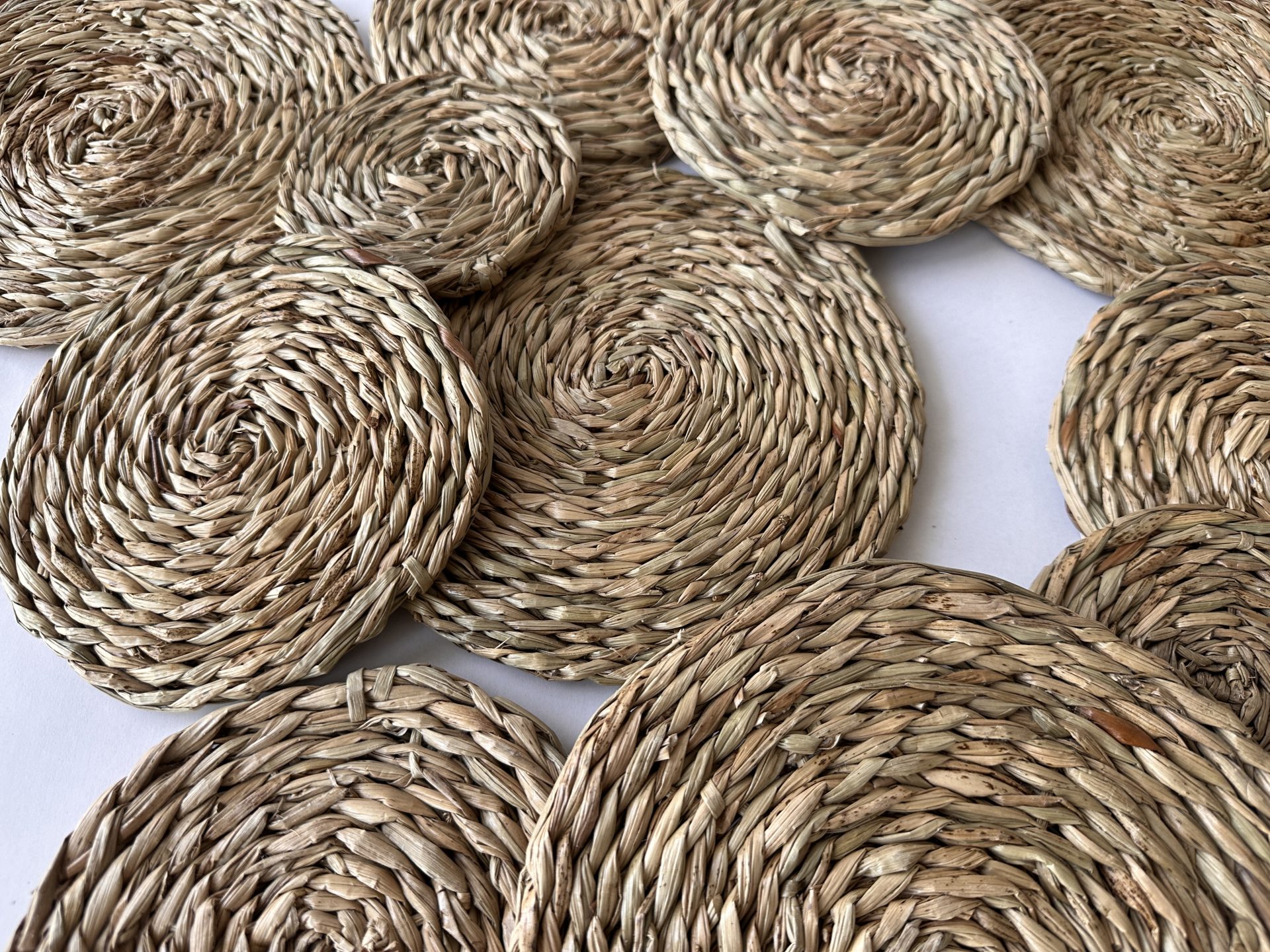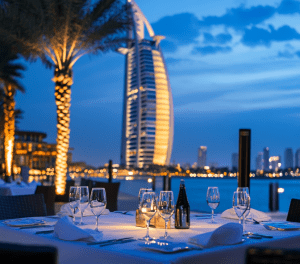
In recent years, the global conversation around sustainability has gained significant momentum, and Dubai, a city known for its grandeur and innovation, is not lagging behind. As the world grapples with the consequences of excessive waste and pollution, Dubai is taking proactive measures to integrate biodegradable and natural products into its lifestyle, paving the way for a greener and more sustainable future.
A Shift Towards Biodegradable Products
Dubai, with its bustling economy and diverse population, has recognized the urgent need to reduce its environmental footprint. One of the pivotal steps in this journey is the adoption of biodegradable products. These products, derived from natural materials like Cloth Bags (tote bags), Dubai Can (reusable water bottles), are designed to decompose naturally when disposed of, unlike their synthetic counterparts which contribute to landfill accumulation and pollution.
The Role of Dubai’s Eco-conscious Consumers
The embrace of biodegradable products in Dubai is not solely driven by governmental initiatives; rather, it’s a collective effort fueled by the city’s eco-conscious residents and businesses. From organic grocery stores stocking biodegradable packaging to cafes serving beverages in compostable cups, there’s a palpable shift towards sustainability in everyday consumption habits. Dubai’s residents are increasingly opting for products that align with their values of environmental preservation, thereby driving demand for eco-friendly alternatives.
Tackling Waste Management Challenges
Dubai’s rapid urbanization has posed significant challenges in waste management. However, the integration of biodegradable products offers a promising solution. By reducing reliance on non-biodegradable plastics and packaging materials, the city can mitigate the strain on its landfills and minimize the environmental repercussions of waste accumulation. Biodegradable products break down into organic matter, reducing the need for extensive waste management infrastructure and offering a more sustainable approach to waste disposal.
Environmental Impact and Earth Conservation
The significance of Dubai’s transition to biodegradable products extends far beyond its city limits. As a global hub for tourism, trade, and commerce, Dubai’s sustainability initiatives set a precedent for other cities worldwide. By championing the use of biodegradable products, Dubai not only mitigates its own environmental impact but also inspires a broader movement towards eco-friendly practices. Every biodegradable item used in Dubai represents a step towards conserving the Earth’s resources, safeguarding biodiversity, and mitigating climate change.
Recommendations for Daily Use
- Baskets Made with Recycled materials : now a days there are so many alternatives for containers such as baskets made with recycled papers which are really identical to their plastic counter parts
- Recycled Craft Papers : creating paper crafts, cards is a very popular activity. instead of using A4 Papers we can use recycled A4 Paper and Paper Cards for all our crafting activities
- Reusable Shopping Bags: Opt for reusable bags made from natural fibers like cotton or jute instead of single-use plastic bags.
- Biodegradable Cutlery and Dinnerware: Choose utensils and dinnerware made from materials like bamboo or bagasse for your daily meals.
- Compostable Food Wraps: Use beeswax wraps or compostable cling films to store food, reducing reliance on plastic wraps.
- Natural Personal Care Products: Switch to biodegradable toiletries such as bamboo toothbrushes, organic cotton swabs, and shampoo bars to minimize plastic waste in your daily hygiene routine.
Looking Ahead: The Path to a Greener Future
While Dubai’s strides towards sustainability are commendable, there’s still ample room for growth and improvement. Continued investment in research and development of biodegradable materials, coupled with policies that incentivize their adoption, can accelerate the city’s transition to a circular economy. Furthermore, education and awareness campaigns play a crucial role in fostering a culture of environmental stewardship among residents and businesses alike
Conclusion
Dubai’s embrace of biodegradable products marks a pivotal moment in its journey towards sustainability. By prioritizing eco-friendly alternatives and reducing reliance on conventional plastics, the city is not only addressing its waste management challenges but also contributing to global efforts to preserve the planet. As Dubai paves the way for a greener future, it sends a powerful message to cities worldwide: sustainability is not just a choice but a responsibility we owe to the Earth and future generations





